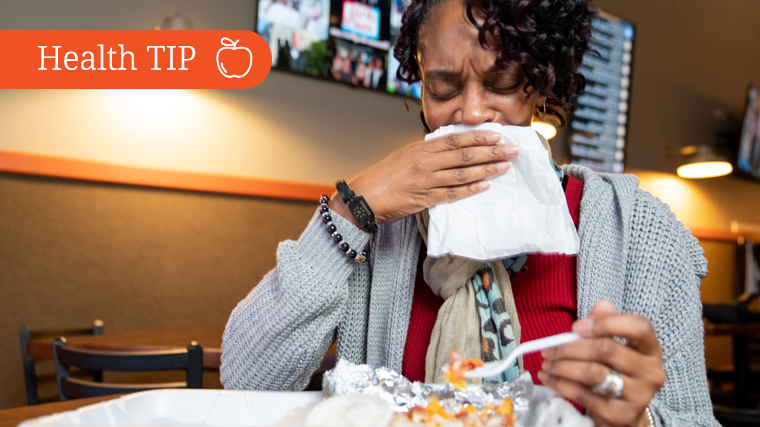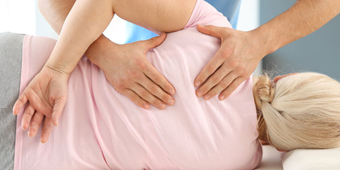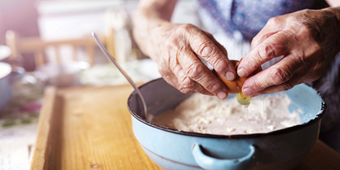Recognizing a Gallbladder Attack

Find Your Perfect Match
Answer a few questions and we'll provide you with a list of primary care providers that best fit your needs.
Pain, nausea, and vomiting can have many possible causes. But when the symptoms come on suddenly and are accompanied by indigestion or chest pain, it could be a gallbladder attack.
Dr. Steven Sutherin describes what causes a gallbladder attack:
Click play to watch the video or read video transcript.
A gallbladder attack happens when the liquid in the gallbladder crystallizes and it's similar to sugar candy. It's supersaturated with different substances, the most common being cholesterol, and it can actually crystallize and form a stone. Now, the gallbladder again is like a water balloon. It wants to empty after you eat every meal and if it receives a message from the stomach that there is food, it squeezes and it pushes all of the liquid out. If there's a stone in there, the stone may block the opening and the gallbladder will continue to squeeze but it won't empty because the gallstone is actually blocking the opening. The gallbladder doesn't know that. It continues to squeeze, harder and harder and harder and that's what gives us a gallbladder attack.
You may wonder if there’s something you did to bring on a gallbladder attack. Likely, the answer is yes. Dr. Sutherin explains:
Click play to watch the video or read video transcript.
Anything in the stomach causes the gallbladder to squeeze, even a glass of water, but it squeezes harder when there is fat in the stomach. So anything greasy, fried foods, pizza, will stimulate the gallbladder even harder and make it squeeze harder. Again if there is a gallstone in there, it will make the gallbladder attack much, much worse.
Overeating, especially fatty foods, are often to blame:
Click play to watch the video or read video transcript.
Overeating can stimulate the gallbladder to squeeze but so does even a small amount of fat so it's more the fats in the food than it is overeating. But usually if we're overeating it's usually something very, very rich. It's usually something greasy, pizzas, fried chicken, so they go hand-in-hand. But once again, anything can make that gallbladder squeeze down and give you a gallbladder attack.
Learn more about the gallbladder and what causes gallstones to develop.
Find Your Perfect Match
Answer a few questions and we'll provide you with a list of primary care providers that best fit your needs.
Source: Steven Sutherin, MD, Miami Valley Surgery Associates








